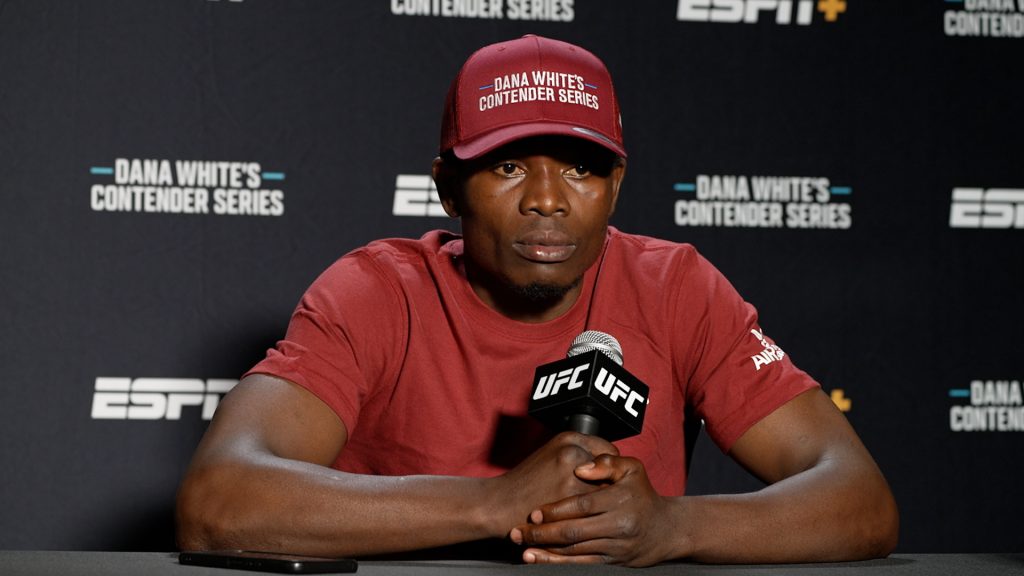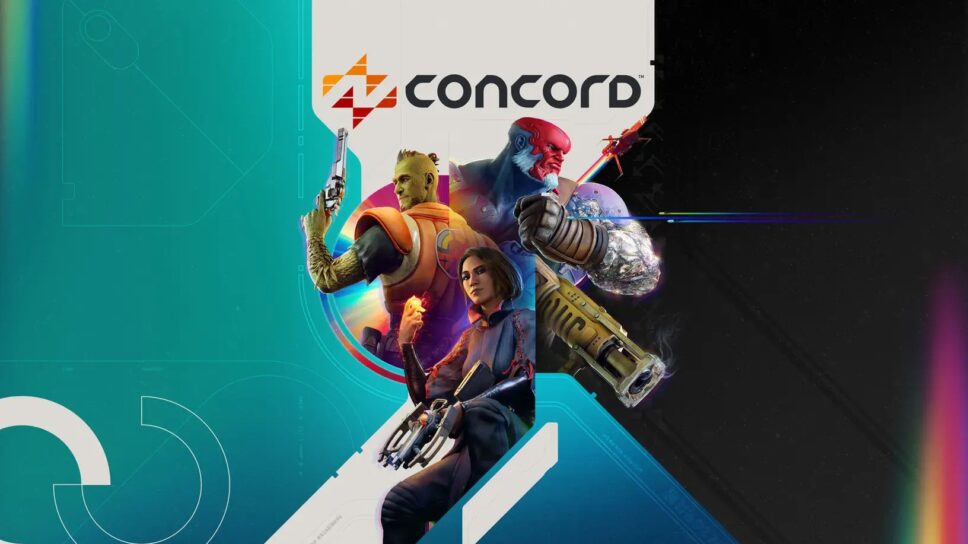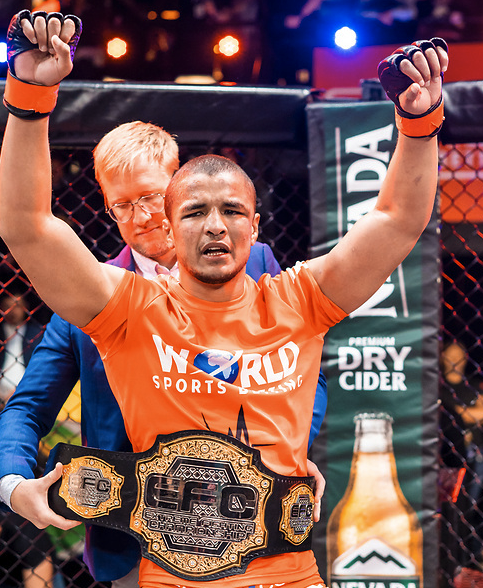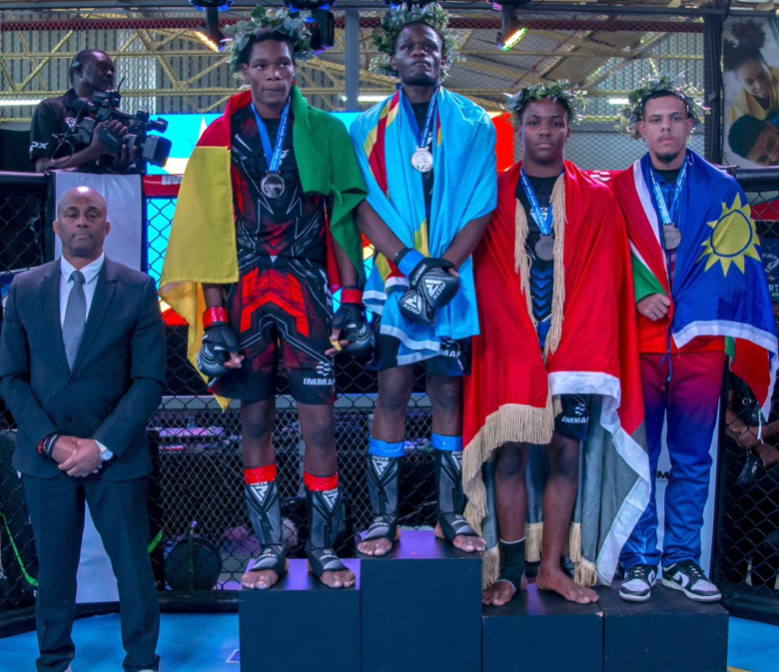Big Sports and Politics
Written by Emjay on September 16, 2020
In the aftermath of the execution of Iranian wrestler Navid Afkari on Saturday (12thSeptember), the International Olympic Committee (IOC) finds itself in a rather tricky position as to whether to ban Iran.
Reports suggest that an Olympic ban is unlikely with the vice-president of the IOC, John Coates, outlining the difficulty in making such a decision. “This is someone who has been charged with murder”, he goes on to state that [the] “execution didn’t relate to a sporting event” and added that “the other difficulty is of course that there is probably 50 of the National Olympic Committees that come from territories that still have capital punishment.”
With calls from many quarters for the immediate implementation of sanctions that would expel Iran from world sport’s universal community, it is crucial to understand a few things about sport, the IOC and the general hippocracy attached to “Big Sport’s” stance on politics.
POLITICS IN FOOTBALL
The issue of political interference in football is one that FIFA acts decisively against as it feels that member nations should be free from government interference. Article 17 of the FIFA Regulations, provides that: “Each member shall manage its affairs independently and with no influence from third parties.” Countries that have been found guilty of FIFA’s non-interference rule have either been banned or suspended for various lengths of time – ranging from a few months to years in some cases – depending on how long it takes for the offending country to withdraw any political involvement.
While few would disagree with this as a general principle, the fact remains that most countries – particularly African countries – are dependent on their governments for funding, stadiums and quite often sponsorships. In some instances, Football Associations are created by Legislative Statutes and Acts of Parliament which in turn bind them to those very laws.
OLYMPIC POLITICS
An Olympic Games is meant to signify a moment in time when participating nations come together to celebrate those that are faster, higher and stronger. The Games are a time when, supposedly, political feuds are set aside – the concept of neutrality and the Olympic truce – which is engrained in its charter and etched in its DNA since the ancient Olympics. Rule 50 of the Olympic Charter provides a framework to protect the neutrality of sport and the Olympic Games. It states that: “No kind of demonstration or political, religious or racial propaganda is permitted in any Olympic sites, venues or other areas.”
Despite this, history shows us that politics has the uncanny ability of infiltrating and disrupting the Olympic Games. Here are a few examples;
The 1936 Nazi Olympics – Where Jesse Owens’ four gold medals single-handedly destroyed the Nazi Party’s attempt at proving Aryan superiority.
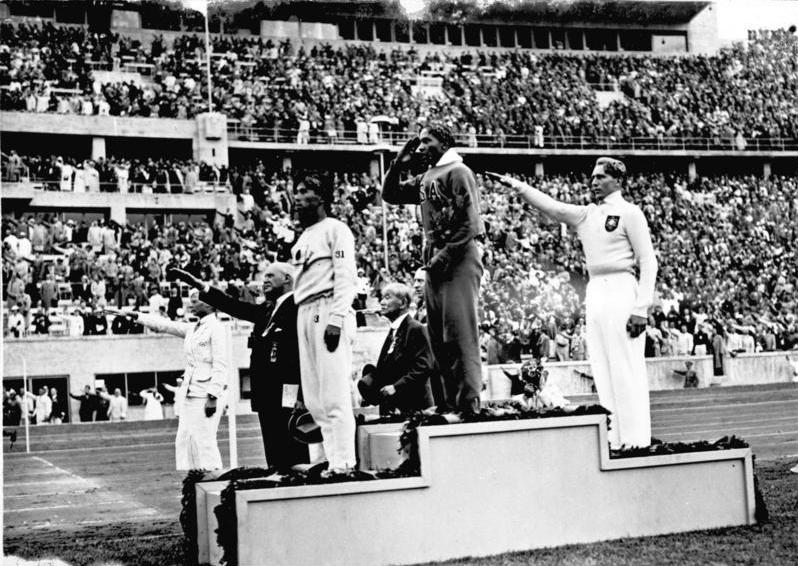
The 1948 WWII Olympics – Germany and Japan were banned at the first Olympic Games following the end of the war.
The 1956 Two Protests Olympics – Where multiple nations withdrew from the games in protest of the Suez Crisis in the Middle East and the Soviet invasion of Hungary.
The 1968 Human Rights Olympics – synonymous with the Tlatelolco massacre and the “BLM” protest by US sprinters Tommie Smith and John Carlos at the men’s 200-meter award ceremony.
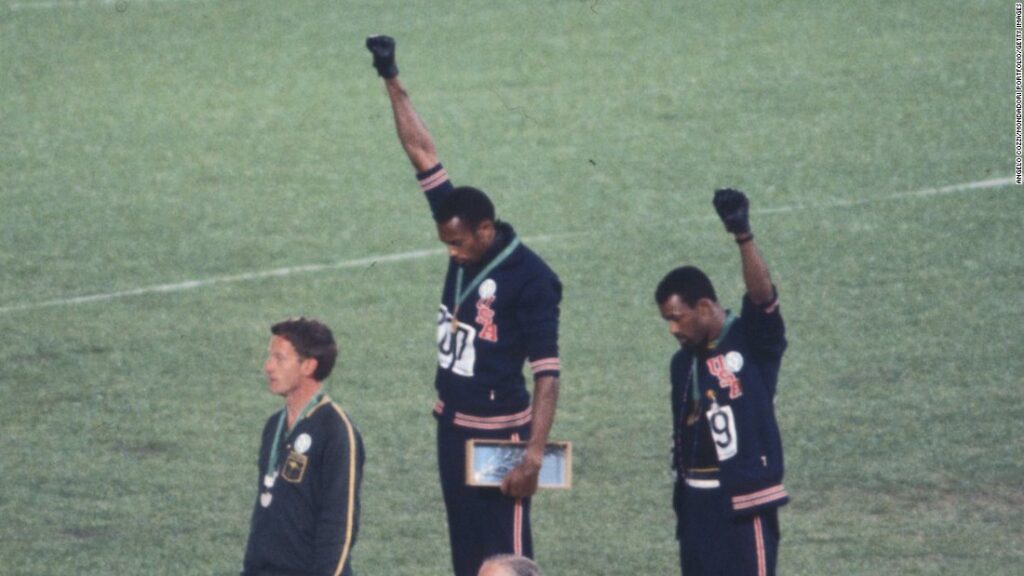
The 1972 Munich Massacre Olympics – Marred by the Palestinian terrorist attack on the Israeli team in the Olympic village.
The 1976 African Boycott Olympics – where some two dozen countries, mostly African nations, boycotted the Games after the IOC refused to ban New Zealand following the All Blacks tour to South Africa, who had been banned from the Olympics as a result of their apartheid politics.
The 2016 Refugee Olympic Team Games – Where ten refugee athletes from Syria, South Sudan, Ethiopia and the DRC entered the opening ceremony ahead of the host country Brazil, carrying the Olympic flag.
Despite the recent surge in athlete activism across a host of global sporting leagues and in an attempt to curtail rising political tensions, the IOC announced strict guidelines ahead of the now postponed Tokyo 2020 Games. Following a meeting of its athlete commission the new guidelines stipulate that there will be no kneeling, no politically motivated hand gestures, no political messages on signs or armbands and absolutely no disruptions of medals ceremonies.
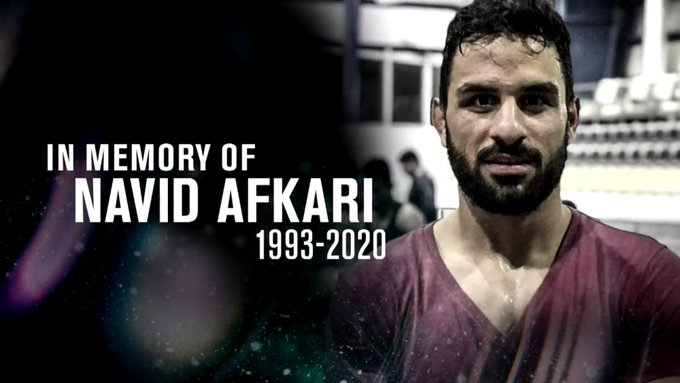
For the many like Navid Afkari, the persecution will continue because the likes of FIFA and the IOC don’t actually care about life before and after their games. In essence, “Big Sport” is not against politics! They are against certain types of politics because let’s face it – banning political protest is a political act in itself!
